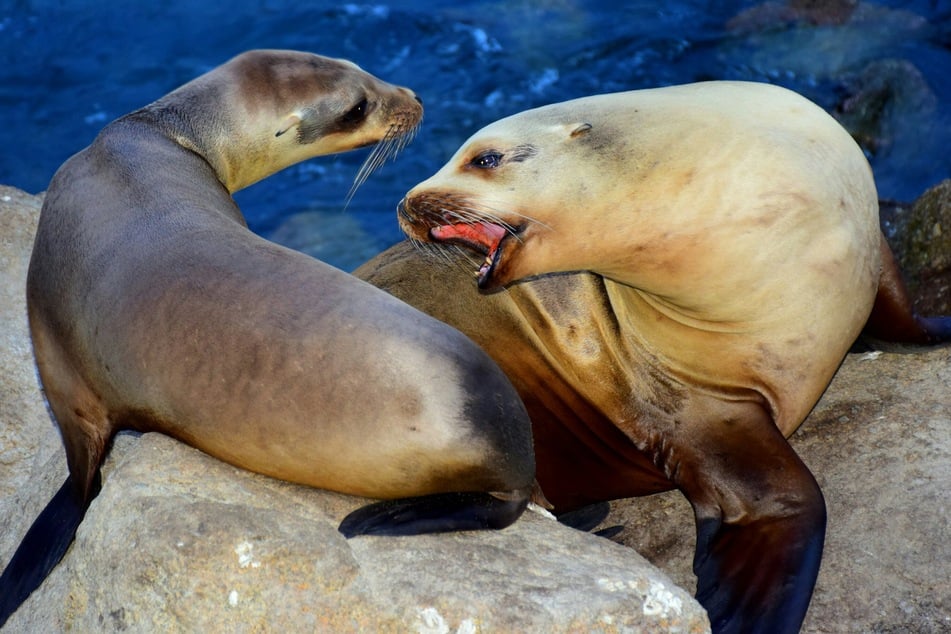"Demonic" sea lions attack beachgoers in California for this bizarre reason
Los Angeles, California - A gang of "demonic" sea lions have been attacking people on beaches in South California, likely due to a bizarre and deadly disease linked to recent algal blooms.

Several people have been attacked by "possessed" sea lions on beaches in Southern California, raising concerns about an algal bloom that can be deadly for the animals and cause increasingly violent behavior.
"Its expression was feral, almost demonic, devoid of the curiosity or playfulness I’d always associated with sea lions," wrote Rj LaMendola on Facebook after being attacked by a sea lion.
15-year-old Phoebe Beltran was also attacked while doing a lifeguard swim test at a nearby beach.
"I was just so scared, so shocked, but I still felt the immense pain on my arms, like, over and over again," she said.
While sea lions are naturally relatively calm and friendly creatures that very rarely attack people, such incidents are believed to be the result of domoic acid toxicosis, a neurological condition caused by algal blooms.
Over the last few years, these blooms have become more regular and increasingly severe, with 2025 being a particularly early year for a bloom to have begun.
According to scientists, the sickness brought on by the bloom makes sea lions feel extremely unwell and disorientated. As a result, they get scared and more aggressive.
Scientists warn of algal bloom-triggered sea lion sickness

"These animals are reacting to the fact that they are sick," CEO John Warner of the Marine Mammal Care Center (MMCC) in Los Angeles told the BBC.
"They're disoriented, and most likely, most of them are having seizures, and so their senses are not all fully functional as they normally would, and they're acting out of fear."
The MMCC is a nonprofit that looks after sick sea lions as well as other marine mammals.
They have treated at least 195 sea lions in just the last two months compared to only 50 in the same time period last year.
"Their behavior changes from what we're used to, to something more unpredictable," Warner said. "If they're still aggressive or not foraging properly, it tells us their brains aren't functioning the way they should."
"These are still the same charismatic, really fun-to-watch expert cuddle puddlers that we see along the coast all the time," he said before cautioning that people still "need to remember they are wild animals."
Cover photo: Unsplash/Shannon VanDenHeuvel

